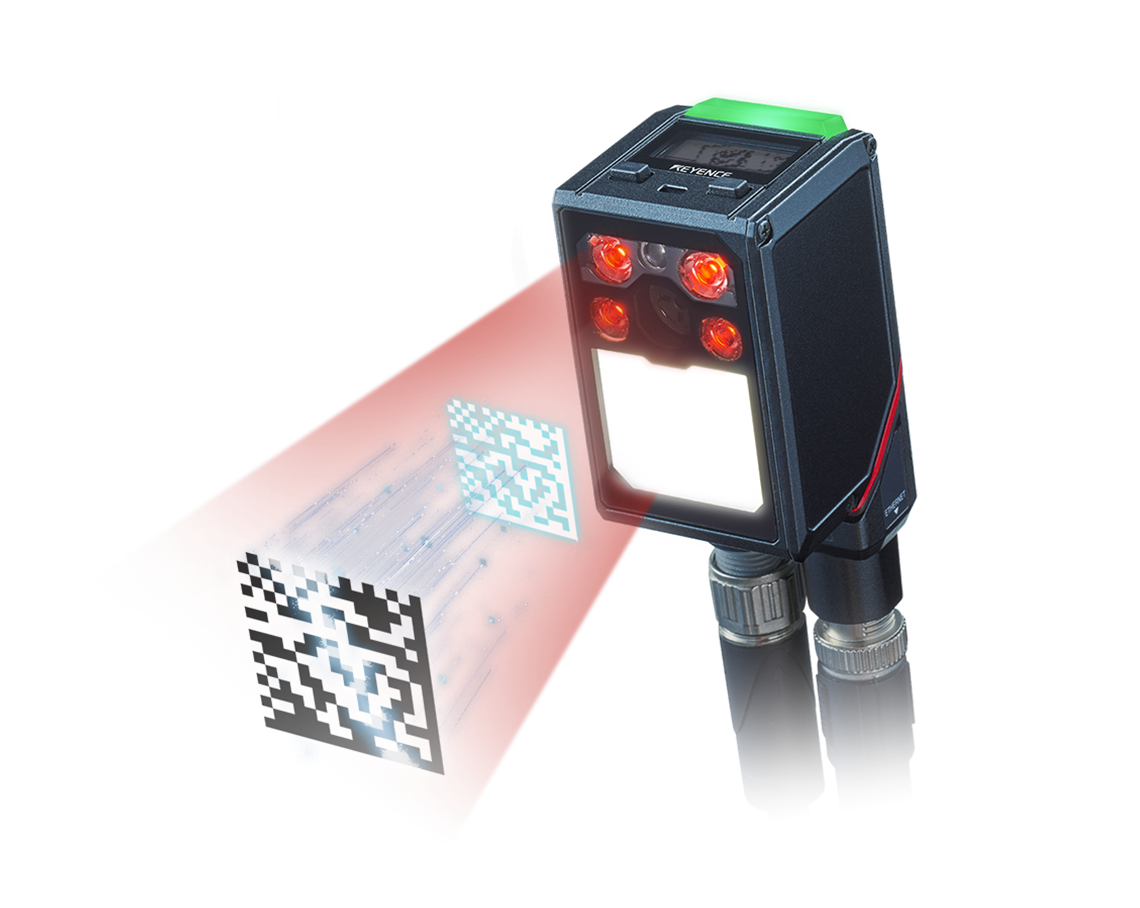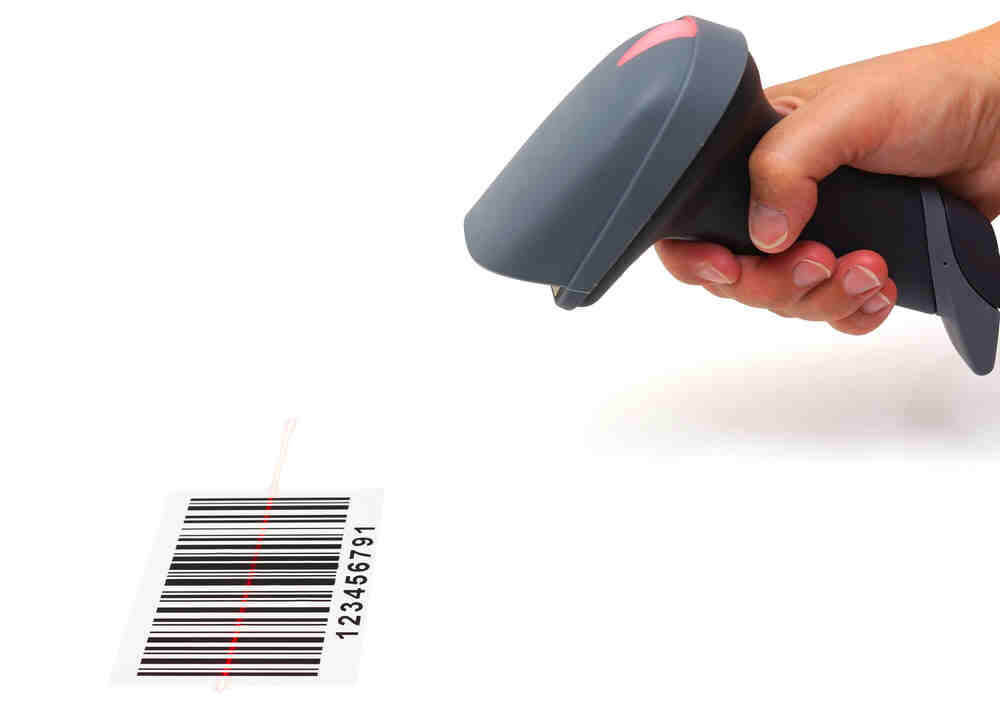Heavy-Duty Barcodes Scanners for Industrial Use
Heavy-Duty Barcodes Scanners for Industrial Use
Blog Article
Picking the Right Barcode Scanner for Your Business Requirements
Selecting the appropriate barcode scanner for your company requires a nuanced understanding of your particular operational needs and environmental problems. Factors such as scanner kind, rate, and compatibility with existing systems play a crucial duty in establishing the appropriate selection.
Recognizing Barcode Scanner Kind
When it involves choosing a barcode scanner, understanding the different kinds offered is essential for meeting details organization requirements. Barcode scanners can be categorized into numerous kinds, each developed for different applications and settings.
Portable scanners are the most common, supplying mobility and simplicity of use, making them ideal for retail and stock management. They typically attach through USB or Bluetooth, providing adaptability in operation. Fixed-mount scanners, on the various other hand, are created for high-volume scanning applications, typically found in production line or checkout counters. These scanners are placed in a stationary placement, permitting rapid scanning of numerous products one by one.
Another type is the mobile computer system, which integrates scanning capacities with computing power. These gadgets are perfect for area operations or storehouse management, allowing information collection and real-time inventory monitoring. Additionally, there are industrial scanners that are constructed to withstand extreme environments, such as severe temperature levels or direct exposure to dust and wetness.

Secret Attributes to Take Into Consideration
What essential features should companies prioritize when choosing a barcode scanner? Scanning rate is critical, as faster scanners enhance functional performance, especially in high-volume settings. The scanner's capacity to review different barcode layouts is likewise crucial; guarantee it sustains preferred kinds like QR codes, UPC, and Code 128 to fit diverse inventory items.
Resilience is an additional vital attribute, especially for services in tough settings. Seek versions that are developed to endure drops, dirt, and dampness. Furthermore, consider the connectivity alternatives offered; whether you choose USB, Bluetooth, or Wi-Fi, the right connection can improve integration with existing systems.

Evaluating Your Organization Atmosphere
To effectively select a barcode scanner, businesses should take supply of their particular functional environment. This evaluation consists of evaluating the physical design of the workspace, the nature of the products being checked, and the typical problems under which scanning occurs. As an example, a retail atmosphere might require portable scanners that can rapidly refine transactions at the checkout, while a storehouse setup may gain from ruggedized scanners designed to withstand harsher conditions.
In addition, take into consideration the volume of scanning required. High-throughput atmospheres may require innovative scanning modern technologies, such as fixed-position scanners click here for more info or smart phones that can operate successfully in busy scenarios. The integration capabilities with existing inventory management systems also play an webpage important duty; guarantee the selected scanner can effortlessly connect with software application systems in use.
In addition, examine the capacity for growth and scalability. A scanner that meets current demands could not be adequate as business expands. By thoroughly assessing these factors, businesses can pick a barcode scanner that not just fulfills instant requirements but also sustains lasting operational efficiency and adaptability. This strategic approach inevitably adds to smoother processes and enhanced performance.
Budgeting for Your Scanner
Having actually evaluated the functional atmosphere and identified the details requirements for a barcode scanner, the following step entails cautious budgeting to ensure a wise financial investment. Developing a budget starts with identifying the total costs linked with the scanner, including first purchase rate, operational expenditures, and potential upkeep costs.
When choosing a barcode scanner, consider the series of available options, from handheld tools to fixed-position scanners, as prices can differ dramatically. It is vital to stabilize expense with capability; choosing a much more budget friendly model may cause increased operational ineffectiveness if it does not fulfill your business requirements.
In enhancement to the equipment, consider expenses connected to software, training, and potential upgrades. While it could be alluring to decrease upfront expenditure, investing in a high quality scanner that lines up with your functional needs can generate lasting savings through improved efficiency and decreased downtime.
Finally, think about the overall cost of possession, which incorporates the scanner's life expectancy and possible resale worth. By diligently preparing your budget, you can make certain that your investment in a barcode scanner will boost your functional performance and economic performance.
Integration With Existing Systems
Incorporating a barcode scanner with your existing systems is crucial for maximizing its performance and ensuring smooth procedures. barcodes scanners. A well-integrated scanner boosts process review effectiveness, decreases errors, and accelerates information handling. When choosing a barcode scanner, consider compatibility with your existing software program and hardware infrastructure, including your inventory monitoring systems, point-of-sale (POS) systems, and enterprise source preparation (ERP) services
Evaluate whether the scanner makes use of common procedures such as USB, Bluetooth, or Wi-Fi, which can help with easy assimilation. In addition, analyze whether the scanner's software application offers APIs or SDKs that enable for modification and integration with exclusive systems. This is especially important for services with unique functional requirements.
Additionally, consider the scalability of the scanning service. As your organization grows, your systems must have the ability to fit added scanners and handle boosted information volumes without considerable reconfiguration. Inevitably, purchasing a barcode scanner that effortlessly incorporates with your existing systems will generate long-lasting advantages, improving precision, efficiency, and general performance within your operations. Put in the time to extensively examine your integration requires prior to making a purchase choice.

Final Thought
Finally, choosing a suitable barcode scanner necessitates a comprehensive evaluation of various factors, consisting of scanner kinds, necessary functions, and the particular business environment. Correct budgeting for both purchase and operational expenses is critical, along with ensuring compatibility with existing systems. By meticulously taking into consideration these components, companies can enhance efficiency and performance, eventually resulting in improved functional results. The best barcode scanner serves as an essential device in improving processes and assisting in efficient stock management.
Report this page